We caught up with the brilliant and insightful Daniel Grimsland a few weeks ago and have shared our conversation below.
Daniel, appreciate you joining us today. Let’s start with what makes profitability in your industry a challenge – what would you say is the biggest challenge?
The music industry is very difficult to make profitable, in general. It has always been a tough one, but when I joined the band “3”, in 2005, I caught what would seem be the tail end of the days of record company budgets, and maybe even record companies as a whole. “3” was signed to a very successful independent record label, and we were lucky to have recording budgets, and tour support, and a budget for promotion, and even a little money for a small crew to help us on tour, selling merchandise, CDs were huge for us to make money on the road, and also helping us load gear. It’s always tough to have to load gear after you play, and it was so great to have the help. Wow… Those were the days… Now, it’s not that these things don’t exist in the world anymore, they certainly do, but not like we had back then, for any upcoming artist, or even established artist with a moderate following. You have to be a pretty huge act to get that kind of stuff these days. Back in 05, Napster and downloading, was already a thing, but record companies didn’t really take it seriously. When streaming services arrived, that was it, you’re out record companies, we don’t need you anymore. In some ways that has been great. Any artist can release their music through a digital distribution site, and boom, you got yourself a worldwide release. Amazing! Only record companies could do that, right? Wrong. We can do that ourselves now. Consumers felt that way too. No more CDs, streaming is the way. And look, I agree. I do not miss my old CD book. I love streaming, as a consumer. The problem is, because record companies were slow to adapt, there was a collapse, and in 2009, “3′ was dropped from our current record company. Not only was the economy crashing around us in general, but record companies were going out of business, because streaming and downloads had completely taken over. That was not the end of the band, but we were never able to make that band our full time job again. The budgets were gone. Even if you could get a budget, it was going to be a fraction of what it would have been the year before, and it has pretty much stayed that way. Streaming services pay very, very, little for plays, and so it can be difficult to live off your art, even if it appears you are very successful. You can have a song with a million plays, but if you only make fractions of a penny on each of those plays, it’s not anything you can really live on. It’s also difficult to get paid to play live these days. People don’t really like to pay for music in any way, haha! Today, your best bet is to write music with the hopes of getting it synced in a commercial, or something like that. That is something that I would have totally considered “selling out” in my younger days, but it has now become my best, and sometimes only source of musically income. You know what though, writing music for commercials, I have to admit, I love it, it’s fun! At the end of the day, you just have to keep on playing, and roll with the changes. If you want be in the music industry, you don’t really have any other choice.
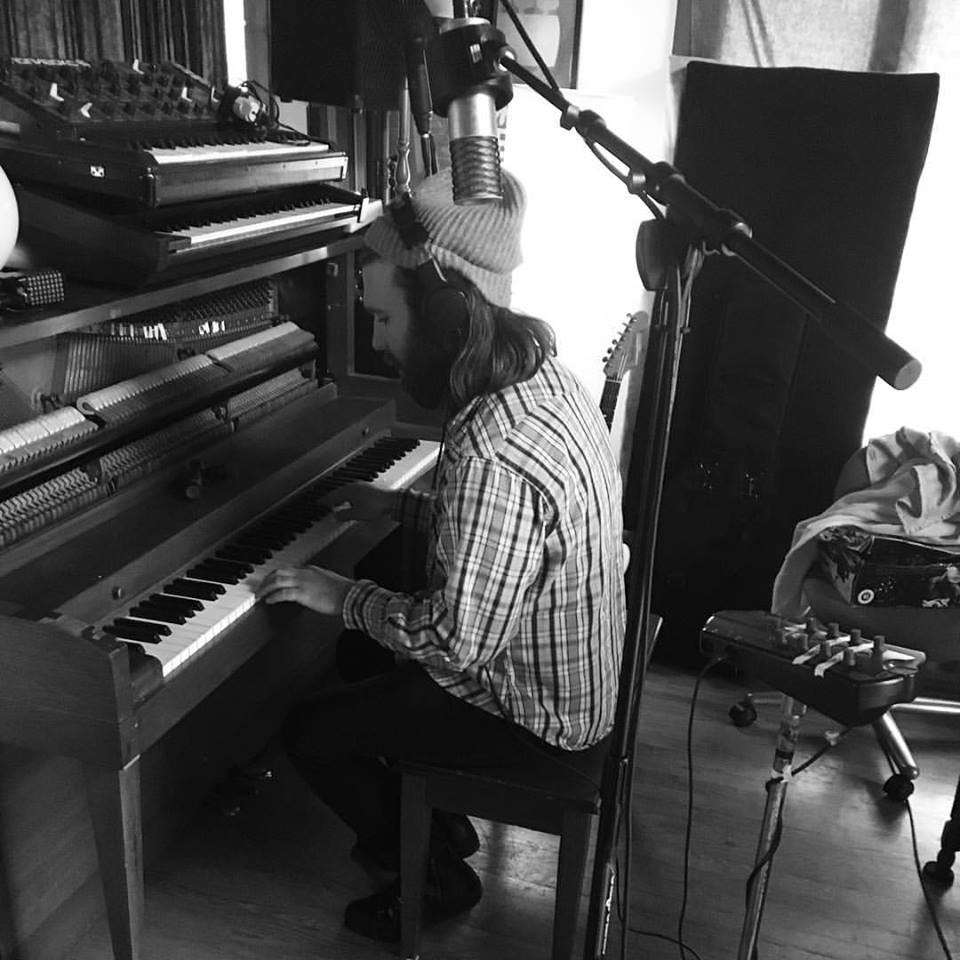
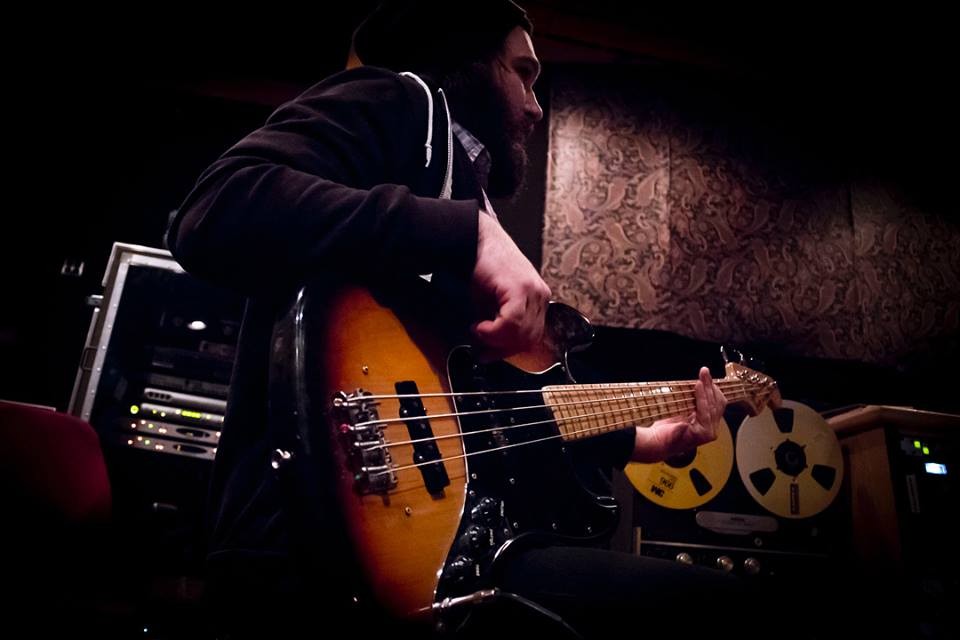
As always, we appreciate you sharing your insights and we’ve got a few more questions for you, but before we get to all of that can you take a minute to introduce yourself and give our readers some of your back background and context?
Sure! I started making music when I was very young. I was playing bass in a local church band, back in the Hudson Valley, NY where I grew up, by age 11, and touring professionally as a bass player by age 17. At age 20 I joined the band “3”, and recorded some albums, and we did some amazing tours. We went all around America, Canada, Europe, the UK, Australia, and we even went to Japan. After after that happened with our record company, that I mentioned earlier, we all went off started different projects of our own, and mine was a group called The Grape And The Grain. That’s definitely something I am proud of. It was my first attempt at writing and singing my own songs, in any real way, as well as recording myself, and others. That started me down the path that leads me moving to Los Angeles, and spending the majority of my time now, writing music for sync companies, and producing other peoples music. Producing other peoples music is something that really brings me a lot of joy. I love to help someone realize their vision for a song or album. I think something that maybe sets me apart from some other producers, is that I want to make your record, not mine. Meaning, I want to make the artist’s vision come true. Sometimes producers and writers really want to put their “sound” on a project, and for me, I’m kind of hoping that my sound is whatever the artist I’m working with wants to sound like at that time.
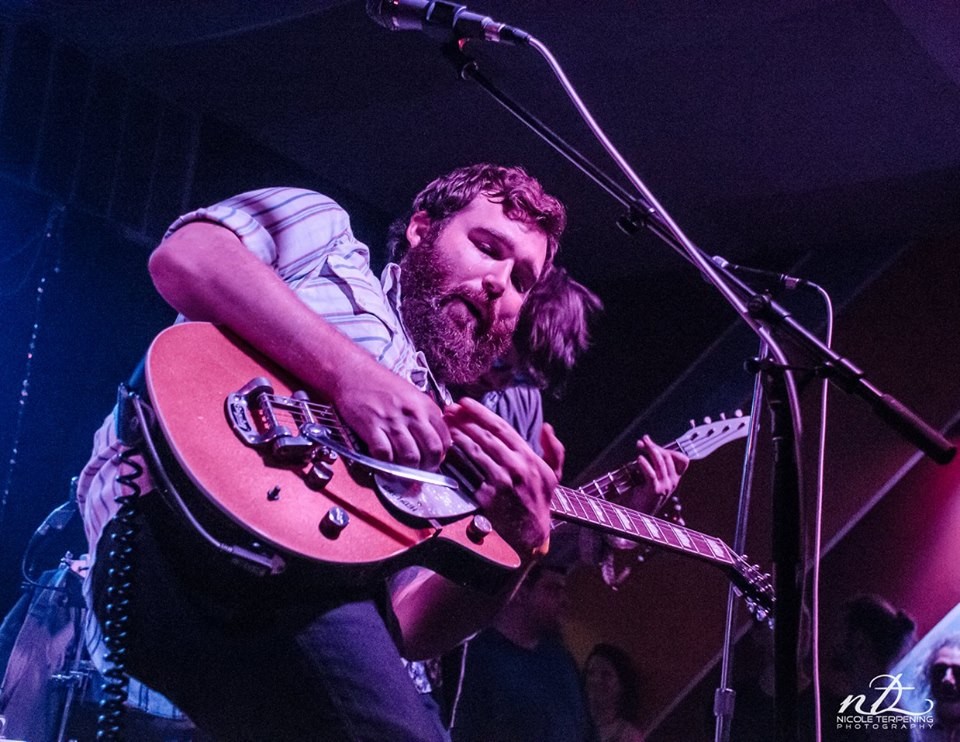
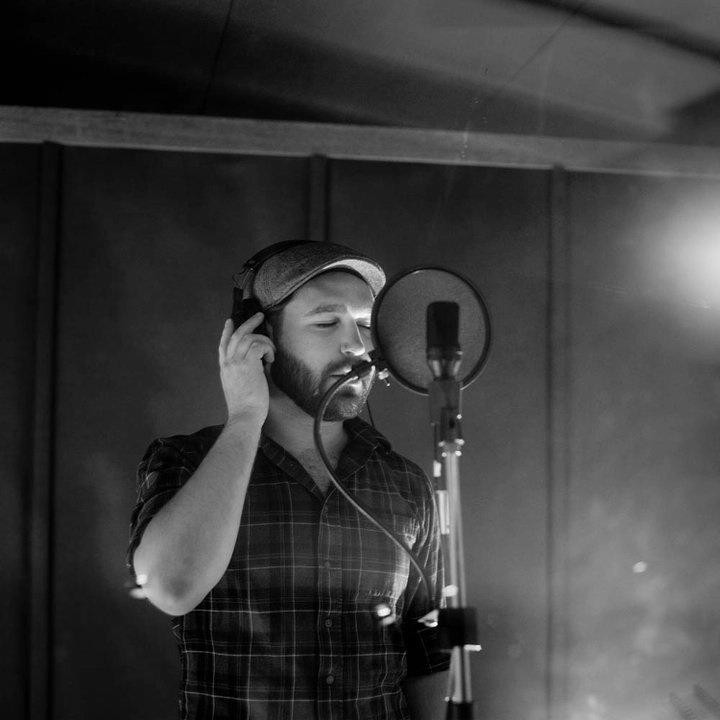
Where do you think you get most of your clients from?
Well, going out and meeting people in a lot of ways is still the best. I do meet a lot of clients at local performances, and that is always great. But, the internet has really been super helpful. I know that is an obvious answer, but for me it wasn’t, haha! It wasn’t all that long ago I learned about websites like SoundBetter and Songtrdr. Sites like that have been very helpful.
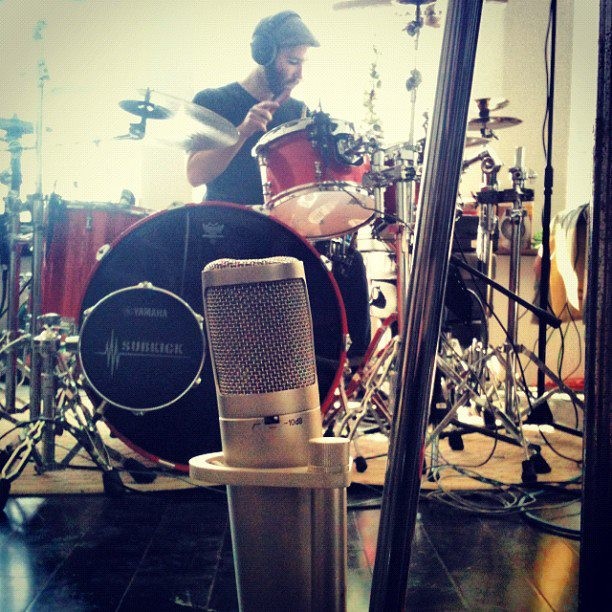

Let’s talk about resilience next – do you have a story you can share with us?
That story I shared early about losing the record deal is one that was something that really tested my resilience. It took a lot to get back up from that, but I’m glad I did.


Contact Info:
- Website: https://www.danielgrimsland.com
- Instagram: https://www.instagram.com/danielgrimsland
- Facebook: https://www.facebook.com/danielgrimslandmusic
- Linkedin: https://www.linkedin.com/in/daniel-grimsland-1b2689a1/
- Twitter: https://www.twitter.com/danielgrimsland
- Youtube: https://www.youtube.com/@danielgrimsland2293
Image Credits
Ryan Ly, Steve Markota, Nicole Terpenning, Chris Gartman, Tammie Valor


